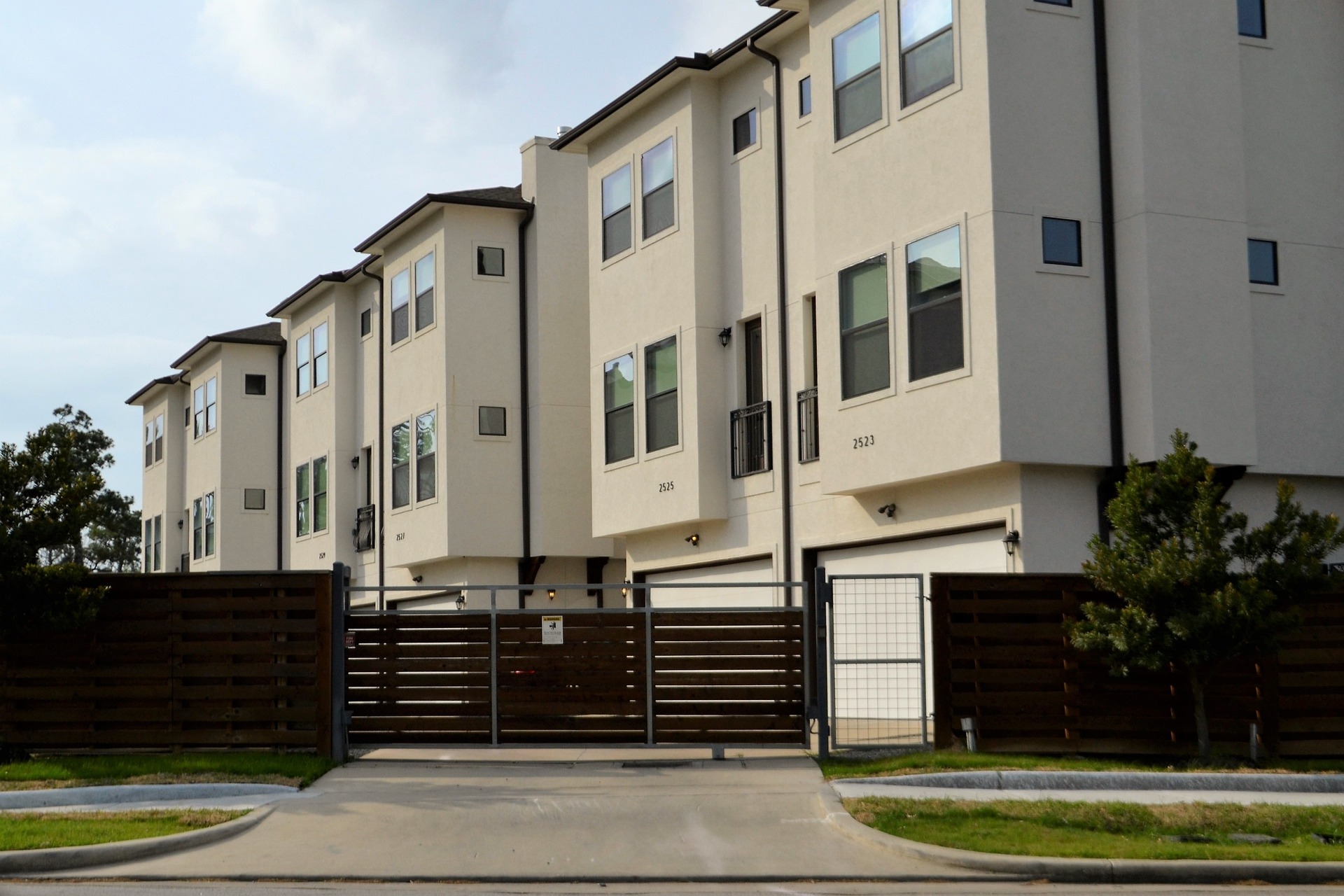Vacancy tax may be the solution to unsold properties
Share story

Property overhang has been a persistent problem in Malaysia, particularly in prime and developed locations, owing to oversupply in comparison to demand.
Despite several government initiatives to encourage home ownership, the problem of overhang persists and worsens. In fact, it is concerning in some states, like Johor, Selangor, Penang, and Kuala Lumpur.
Johor remains the state with the largest number of overhang residential properties, with 5,285 units worth RM4.33 billion, accounting for 19.0% and 23.5% of the national volume and value respectively. This was followed by Selangor (3,698 units worth RM3.36 billion), Pulau Pinang (3,593 units worth RM2.74 billion) and Kuala Lumpur (3,429 units worth RM3.15 billion).[1]
As a result, the government is considering introducing a vacancy tax to help prevent an oversupply of products that contribute to a property glut, such as high-priced high-rise units.
What is a vacancy tax?
A vacancy tax is essentially a penalty imposed on any property that remains unoccupied or unsold beyond a specified period of time. The tax payable is calculated based on a percentage of the gross selling price.
Importance of vacancy tax
The vacancy tax is being formulated by the Housing and Local Government Ministry (KPKT). It is expected to be imposed on developers who do not sell their houses within a few months during the next few years. The objective of this tax is to address the problem of overhanging properties throughout the country.
Moreover, the Ministry anticipates that the vacancy fee will encourage developers to be more cautious and responsible with their projects, particularly high-rise and large-scale developments.
Objection to the vacancy tax
Imposing a vacancy tax on developers for unoccupied and unsold completed properties would not in any way help to resolve the problem. It might result in new houses being more expensive as developers will pass on the cost of any additional taxes to future launches.
This is because property developers are usually profit-oriented; hence, whatever taxes are imposed on them will be factored into the sales price, which in turn will contribute to the rapid escalation of house prices.
Furthermore, if the vacancy tax is intended to penalize developers for holding unsold completed units, it would contradict the government’s commitment to grant significant tax incentives for such unsold completed residences as part of the Home Ownership Campaign.
Homeowners may be burdened by the vacancy tax
When it comes to levying a vacancy tax on homeowners, such a measure is also misguided because homeowners are compelled to pay quit rent to land offices, assessment rates to local councils, income taxes to the Inland Revenue Board, and other financial costs.
Correct current imbalances in the property market
A vacancy tax, on the other hand, could reduce speculation and contribute to the creation of an affordable housing market.
It may help to prevent an oversupply of products that contribute to a real estate glut, such as high-priced high-rise condominiums. In order to avoid paying taxes, both developers and individuals will begin selling or renting their overhanging units.
As developers drop their prices through ‘fire sales’ to remove the glut, this may also provide home buyers with more access to affordable housing.
In a nutshell
The Malaysian government is committed to take into account all aspects before imposing any form of tax. The proposal to levy a vacancy tax will be thoroughly studied by government officials.
The government has also assured developers that any action, such as implementing a vacancy tax, will be implemented only after consultations with financial institutions like the Finance Ministry, Bank Negara Malaysia, and other regulatory bodies.
However, proponents of the vacancy tax believe it is necessary since many housing units take considerably longer than a year to fill. As a result, there is an excess of vacant residential properties.


